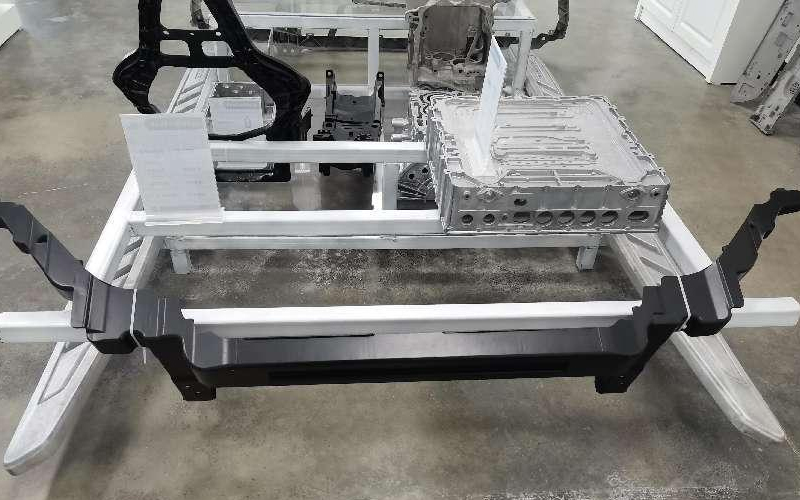Aluminum casting is the process of pouring molten aluminum into a mold to create a specific shape. Aluminum casting molds are used to create high-quality and precise aluminum castings that are used in a wide range of industries, including automotive, aerospace, and construction. The quality of the aluminum casting depends on the quality of the mold used. In this article, we’ll discuss how precision aluminum casting molds are used to create high-quality aluminum castings.
The Basics of Aluminum Casting
Before we dive into the details of precision aluminum casting molds, let’s first discuss the basics of aluminum casting. The process starts with a pattern, which is a replica of the final product that is created using wood, plastic, or metal. The pattern is used to create the mold, which is made of two halves. The molten aluminum is poured into the mold, and once it cools and solidifies, the two halves are separated, and the casting is removed.
Aluminum casting is an ideal manufacturing process for complex shapes that cannot be easily created using other manufacturing processes, such as machining or forging. Aluminum casting allows for intricate shapes to be created with very tight tolerances. Additionally, aluminum casting is a cost-effective manufacturing process, as it allows for the creation of large quantities of parts in a relatively short amount of time.
The Importance of Precision Aluminum Casting Molds
The quality of the aluminum casting is directly related to the quality of the mold used to create it. Precision aluminum casting molds are essential to creating high-quality aluminum castings that meet the specific requirements of the final product. A precision aluminum casting mold is designed to create a specific shape with very tight tolerances. This means that the mold must be created with extreme precision and accuracy.
The design of the mold is critical to the success of the aluminum casting. The mold must be designed to allow for the proper flow of molten aluminum into the mold, as well as the proper cooling and solidification of the aluminum. The mold must also be designed to allow for the easy removal of the casting once it has solidified.
Precision aluminum casting molds are typically made of steel or aluminum. Steel molds are more durable and can withstand high temperatures, making them ideal for high-volume production. Aluminum molds are less expensive and can be used for low-volume production.

The Process of Creating Precision Aluminum Casting Molds
The process of creating precision aluminum casting molds is complex and requires a high level of skill and expertise. The first step in creating a precision aluminum casting mold is to create a design for the mold. This design is created using computer-aided design (CAD) software, which allows for precise measurements and calculations.
Once the design is complete, the mold is created using a variety of manufacturing processes. The mold is typically created using CNC machining, which allows for precise cuts and shapes to be created. The mold is then polished to ensure that the surface is smooth and free of imperfections.
After the mold is created, it is tested to ensure that it meets the required specifications. This testing may involve pouring molten aluminum into the mold and creating a test casting. The test casting is then inspected to ensure that it meets the required quality standards.
Conclusion
Precision aluminum casting molds are critical to creating high-quality aluminum castings. The quality of the mold directly affects the quality of the casting, making it essential to invest in high-quality molds. Precision aluminum casting molds must be designed with extreme precision and accuracy to ensure that the final product meets the specific requirements of the customer. Aluminum casting is a cost-effective manufacturing process that allows for the creation of complex shapes with tight tolerances. With the use of precision aluminum casting molds, manufacturers can create high-quality aluminum castings that meet the needs of a wide range of industries.
-

- Ultrakevyt jousitushaarukka MTB:lle
-

- Magnesium alloy Thixomolding power batter housing
-

- 2022 Wholesale Hot Sale Bicycle Parts Magnesium Alloy Children Bike No Pedal Balance Bicycle Kids Multiple Colors Available
-

- Magnesiumseoksesta painevalu Auton osat RDM-kotelo
-

- Magnesium alloy die-casting rigid fork for bike
-

- Custom-made die casting parts&comopnents for bicycle suspension fork for MTB

 0086-750-5616188
0086-750-5616188 +86 13392089688
+86 13392089688 sales@zhongmei-tech.com
sales@zhongmei-tech.com







